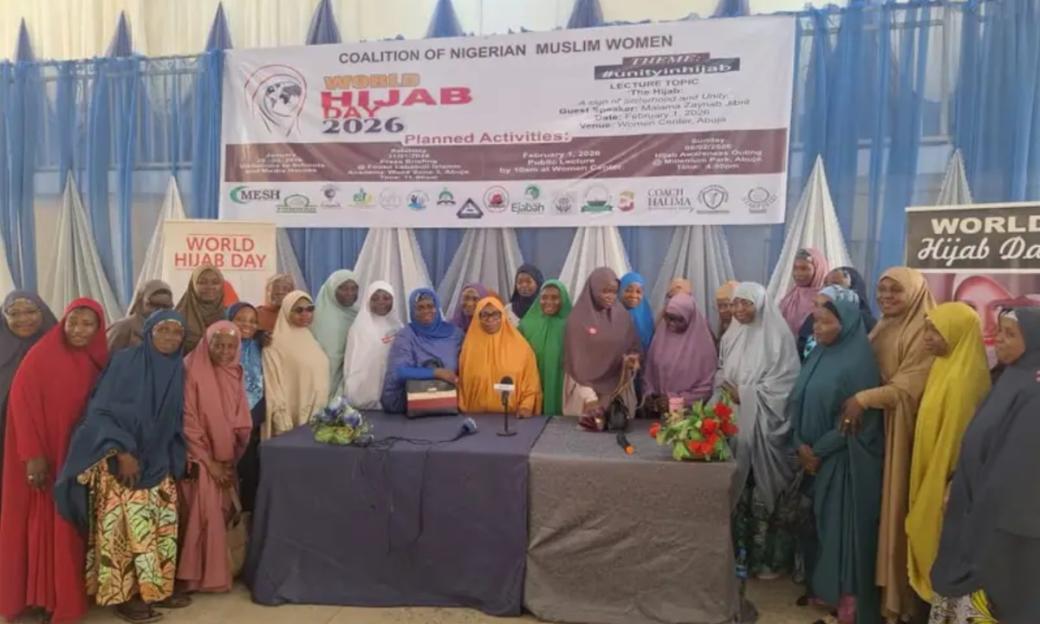Nigerians, particularly northerners are reeling in anguish following the recent hike in telecom tariffs.
Recall that the Nigerian Communications Commission, NCC, has recently approved 50 percent tariffs increment for service providers amid nationwide hardship.
This development has continued to attract condemnation among Nigerians, especially some northerners whose businesses depend on telecom industry to survive.
For Zainab Idris, a single mother and food vendor in Kano, every order she takes and every payment she receives is powered by data. But since the recent 50 percent hike in telecom tariffs, staying connected now costs her more than she can afford.
“I use my phone to take orders and do mobile banking. Now I spend twice as much for half the access,”;; she said, frustration lining her voice.
“We’re being punished for being connected,”;; she said.
Zainab’s experience reflects a wider national struggle following the Nigerian Communications Commission’s (NCC) approval of a 50 percent increase in telecom tariffs in January 2025. The decision, driven by demands from telecom operators grappling with inflation, rising diesel costs, and foreign exchange instability, has left millions of Nigerians grappling with the cost of staying online.
Many have raised concerns that NCC under the current leadership has failed the Nigerian Telecom users by defending the interests of the few operators at the expense of Nigerians.
From students and small-scale vendors to office workers and rural traders, the hike has disrupted daily routines and access to essential services. The cost of 1GB of data, once around â¦300, now exceeds â¦500âa painful leap in a country where more than 60 percent of the population lives in multidimensional poverty.
Fatima Yusuf, a final-year student at Bayero University, says the increase is affecting her academic performance.
“I’m working on my final project and rely heavily on online research,”;; she explained.
“But since the price increased, I’ve had to cut down. Sometimes, I go days without internet. How are we supposed to learn like this?”;;
“We’re used to adjusting,”;; said Fatima.
“But this one hurts. Communication is not a luxuryâit’s how we live, learn, and earn.”;;
Telecom providers have defended the increase, citing operational pressures, with inflation rates above 33 percent and soaring energy costs. While operators had initially sought a 100 percent tariff hike, the NCC settled on a 50 percent adjustment.
But consumer rights groups and civil society organisations say the timing couldn’t be worse. The Socio-Economic Rights and Accountability Project (SERAP) has filed a lawsuit against the NCC and the Federal Government, describing the move as a violation of citizens’ rights to information, education, and communication.
The Nigeria Labour Congress (NLC) also staged protests across major cities in March, urging the government to reverse the decision. The NCC responded by defending the hike as “inevitable for service continuity,”;; while hinting at possible relief packages for vulnerable users.
Fadhila Nurudeen, a digital rights activist based in Kano, argues the decision undermines Nigeria’s digital development goals.
“The government should be promoting affordable access, not strangling it,”;; she said. “This hike widens the digital divide, especially between urban and rural populations.”;;
Even small-scale data resellers are not spared. “People come to buy data and when they hear the new prices, they just walk away,”;; said Hajara Isah, who runs a roadside airtime kiosk. “It’s affecting our own business too.”;;
As economic realities collide with digital needs, many Nigerians are forced to ration their internet use or fall back on SMS and traditional voice calls. But for a country where more servicesâeducation, commerce, communicationâare moving online, this shift threatens to leave millions behind.
Unless urgent measures are taken, experts warn that access to data could soon become a luxury in Nigeria’s increasingly unequal digital landscape.







